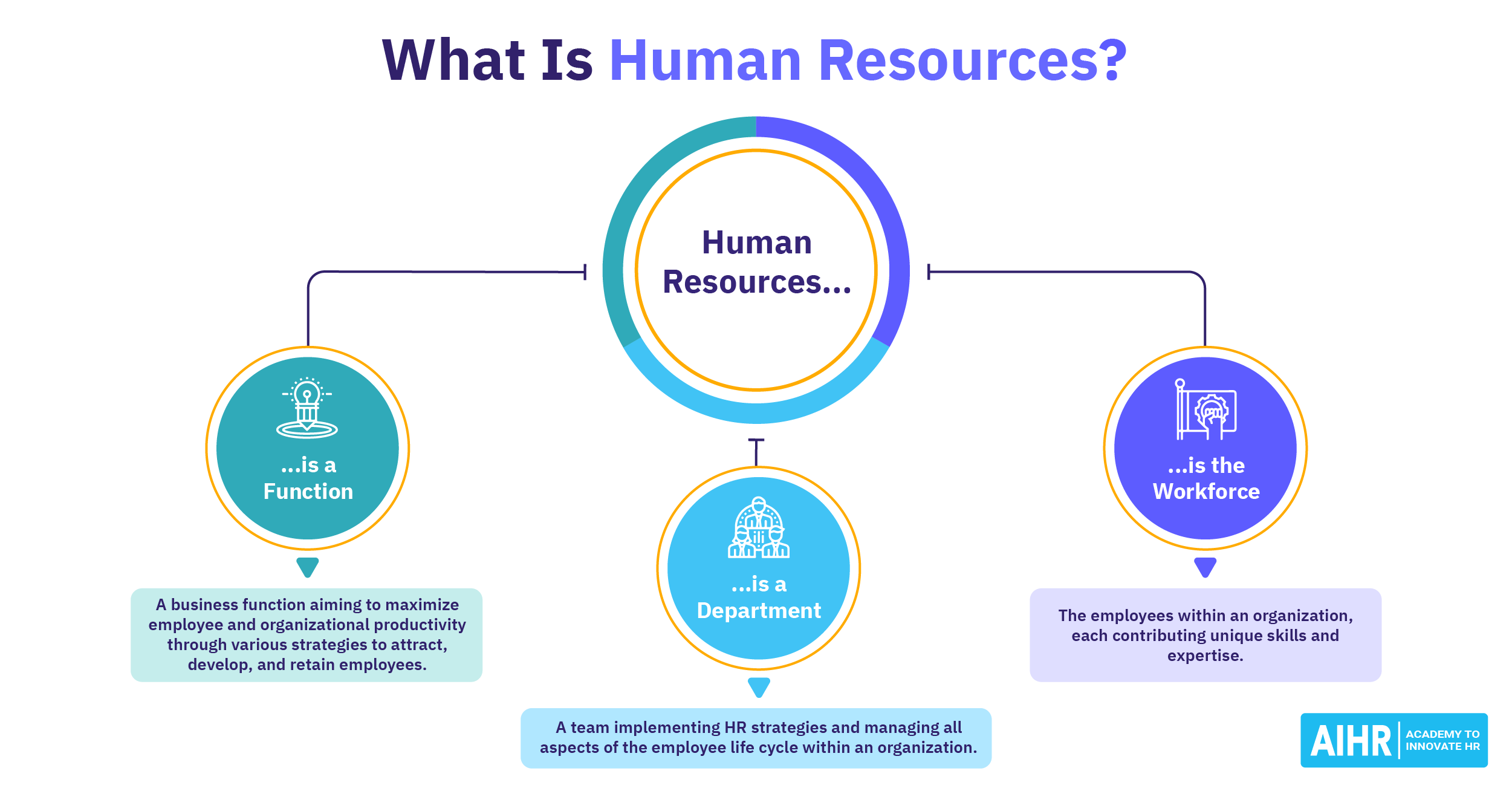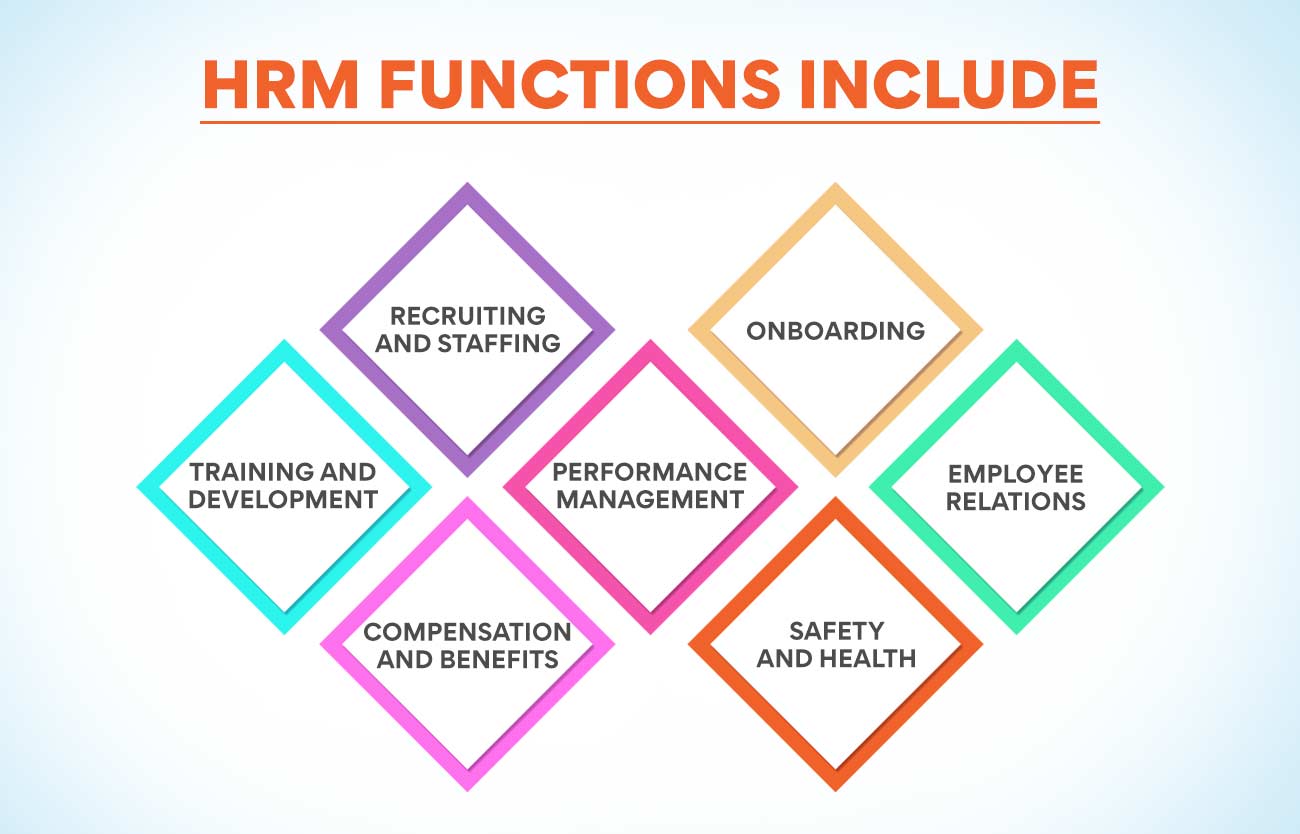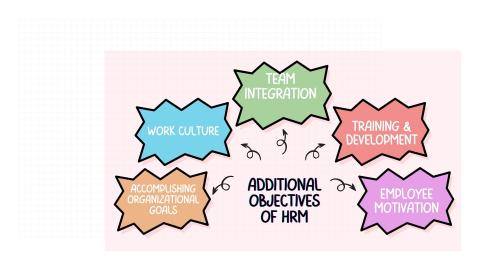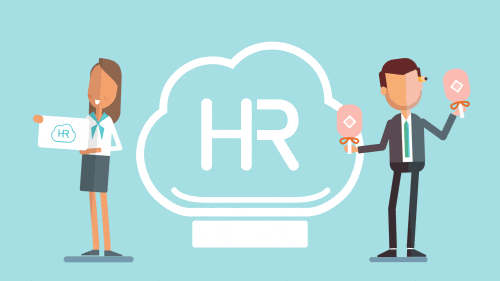
How can we help you today?
Registered Office
Infowan Technologies Pvt Ltd
Mumbai-401107. INDIA.
Contact Details
+91 98201 97205
+91 98201 26871
+91 98670 74415
support@infowan.net
info@infowan.net

If you're searching for what is HR, you're probably trying to understand how companies manage their people and why Human Resources is such a critical part of any organization. In today's business world, Human Resources goes far beyond just hiring employees — it's now about building teams, managing performance, and supporting business growth.
This article will help you fully understand what is HR System, including what is the full form of HR, what is HR recruiter, and what is the role of HR in today's workplace. Whether you're an entrepreneur, student, job seeker, or just curious about how businesses function, this guide will give you a complete overview of Human Resources in modern companies.

To put it simply, HR stands for Human Resources. When someone asks what is HR, they're referring to the department or team responsible for managing everything related to a company's workforce. This includes recruiting, hiring, onboarding, payroll, benefits, employee relations, compliance with labor laws, and more.
What is the full form of HR? The full form of HR is Human Resources. It represents both the people working for an organization and the department that handles policies, procedures, and strategies related to employee management.
Historically, HR departments were focused primarily on administrative tasks such as processing payroll software and managing records. However, over time, the role of HR has evolved into a strategic business function. Today, HR helps organizations grow by aligning talent strategies with company goals, improving employee engagement, and fostering a healthy workplace culture.
So, when we ask what is HR, we're really asking: how does a company attract, develop, and retain the people who drive its success?
Understanding what is HR means recognizing its importance in every stage of an employee's journey — from recruitment to retirement. No matter the size of a company, HR plays a central role in ensuring that the workforce is productive, compliant, and motivated.
Did You Know? Want to know more about why HR software for small businesses? Our in-depth guide covers the challenges and tools that simplify people management.
Here's why HR is essential to organizational success:
HR helps find and hire the right people for the right roles. Without proper recruitment strategies, businesses struggle to build capable teams.
New hires need structured support to adapt to their roles. HR ensures smooth transitions through onboarding and professional development.
HR ensures that companies comply with labor laws, safety standards, and regulations. This protects businesses from legal issues.
HR ensures employees are paid accurately and on time, and also manages benefits like health insurance and leave policies.
HR helps evaluate employee performance and supports goal-setting, feedback, and improvement plans.
A strong HR team builds a workplace environment based on trust, fairness, diversity, and inclusion.
If you truly want to understand what is HR, it's about more than policies and paperwork — it's about creating a work environment where people thrive.

When diving deeper into what is HR, it's crucial to understand the everyday responsibilities of an HR department. HR functions are broad, and each task contributes to building a structured, compliant, and people-centric organization.
Here's a breakdown of what the HR department typically manages:
Attracting, screening, interviewing, and hiring employees. HR ensures that new hires are welcomed, informed, and prepared for success in their roles.
Calculating salaries, disbursing payments, and managing employee benefits such as healthcare, insurance, and retirement plans. Automating salary and benefits processing with payroll management software
Providing learning opportunities, leadership programs, and skills development courses to help employees grow professionally.
Ensuring that the organization adheres to labor laws, health and safety regulations, anti-discrimination policies, and tax requirements.
Handling grievances, resolving conflicts, and maintaining a fair and transparent communication process between employees and management.
Creating and enforcing workplace policies that guide behavior, ethics, attendance, conduct, and performance expectations.
This wide range of responsibilities highlights the complexity of the HR function and reinforces why understanding what is HR is vital for anyone involved in running or working in a business.
Now that we understand what is HR, let's explore a more specialized term — what is HR recruiter. An HR recruiter is a professional within the HR department who focuses exclusively on sourcing, attracting, and hiring talent.
When people ask what is HR recruiter, they're referring to the person responsible for building the team. These recruiters play a vital role in a company's growth by identifying candidates who match the job requirements and company culture.
Unlike HR generalists who handle a variety of HR tasks, HR recruiters specialize in talent acquisition. Their role is crucial in ensuring that the company continuously brings in skilled professionals who contribute to success. So when asking what is HR recruiter, remember that they are the gatekeepers of talent.
Understanding what is the role of HR requires looking beyond just recruitment and payroll. In modern companies, HR serves as a strategic partner that influences decision-making at the highest level.
Here's what the role of HR looks like in today's business environment:
HR helps anticipate future hiring needs, align team growth with business objectives, and manage workforce budgets.
HR designs programs to foster employee happiness, collaboration, and long-term commitment to the company.
HR implements performance appraisal systems, goal-setting frameworks, and feedback loops to improve output.
HR supports companies through transitions such as mergers, digital transformations, or new leadership.
HR plays a central role in creating inclusive workspaces and promoting equal opportunities.
Modern HR uses people analytics to improve retention, boost satisfaction, and measure ROI on training and hiring.
In essence, when someone asks what is the role of HR, the answer is that HR is no longer just a support function — it is a growth enabler, a culture builder, and a business driver.
HR isn't a single job — it's a field filled with diverse roles and specialties. A deeper look at what is HR reveals several key positions that support a company's success in different ways.
Here are common HR roles found in organizations:
Many companies also use HR outsourcing or adopt HR tech platforms to automate routine tasks. Solutions like Infowan HRMS offer cloud-based tools to streamline operations from a single dashboard.
As we continue to explore what is HR, we must recognize that Human Resources is constantly changing. New technologies and workplace models are transforming the way HR departments operate.
Here are some current trends shaping the future of HR:
HR is now tasked with supporting remote workers and maintaining team collaboration across distances.
Repetitive tasks like leave management, payroll processing, and onboarding are being automated using advanced HR software.
HR departments are increasingly data-driven, using metrics to improve hiring, reduce turnover, and enhance productivity.
Training and development have moved online, making it easier for employees to gain new skills.
Solutions like Infowan HRMS help manage everything from recruitment to attendance in one smart system.
These modern trends emphasize that what is HR today is very different from what it was a decade ago.

Looking to streamline your HR operations? Infowan's cloud-based HRMS platform helps you manage payroll, attendance, leave, hiring, and onboarding — all in one place.
So, what is HR in today's world? It's more than a department — it's the foundation of any successful business. HR ensures that the right people are hired, supported, and retained through strategic policies, fair practices, and a culture of growth.
From understanding what is the full form of HR, to exploring what is HR recruiter, and learning what is the role of HR, you now have a complete picture of how Human Resources powers the modern workplace.
Q1. What is HR and why is it important?
HR stands for Human Resources, and it manages people in a company. It's essential for hiring, payroll, compliance, and employee support.
Q2. What is the full form of HR?
The full form of HR is Human Resources, referring to the workforce and the department that manages employee-related functions.
Q3. What is HR recruiter?
An HR recruiter is a professional who focuses on hiring the right talent for an organization. They handle job ads, interviews, and onboarding.
Q4. What is the role of HR in a company?
HR manages recruitment, training, compliance, workplace culture, and employee performance — all critical to business success.
Q5. How has HR evolved over time?
HR has shifted from administrative tasks to a strategic role that includes workforce planning, analytics, and cultural leadership.
Q6. What are common HR job roles?
HR Generalist, HR Manager, HR Specialist, Talent Acquisition Specialist, and HRIS Analyst are some key positions in the HR field.
Q7. Why should small businesses use HRMS tools?
HRMS platforms like Infowan automate tasks like payroll and leave tracking, saving time and ensuring legal compliance.
Q8. How does HR impact employee engagement?
HR creates policies, communication channels, and development opportunities that boost morale, reduce turnover, and improve engagement.
Best HR Software in India | Top HR Software in India | What is an HR System? | Online HR Management Software | Best Payroll Software in India | Employee Payroll Management System | What is a Payroll System? | What is Payroll? | What is HRMS? | What is HR Management? | 7 Roles of HRM | What is Human Resources? | Top HR Interview Questions | What is HR? | HR Analytics Explained | What is HR Compliance? | Human Resource Management Guide | Best HRMS System | HR Management System Software | HR Software for Small Business | Best HRMS Employee Self Service | What are the Functions of HRM | Functions of HRM | Human Resource Accounting | Difference Between HRM and HRD | Best HRMS Software in India | Top HRMS Software in India | HRMS Companies in India | What is 3rd party payroll | Payroll Software list | What is payroll management in HR